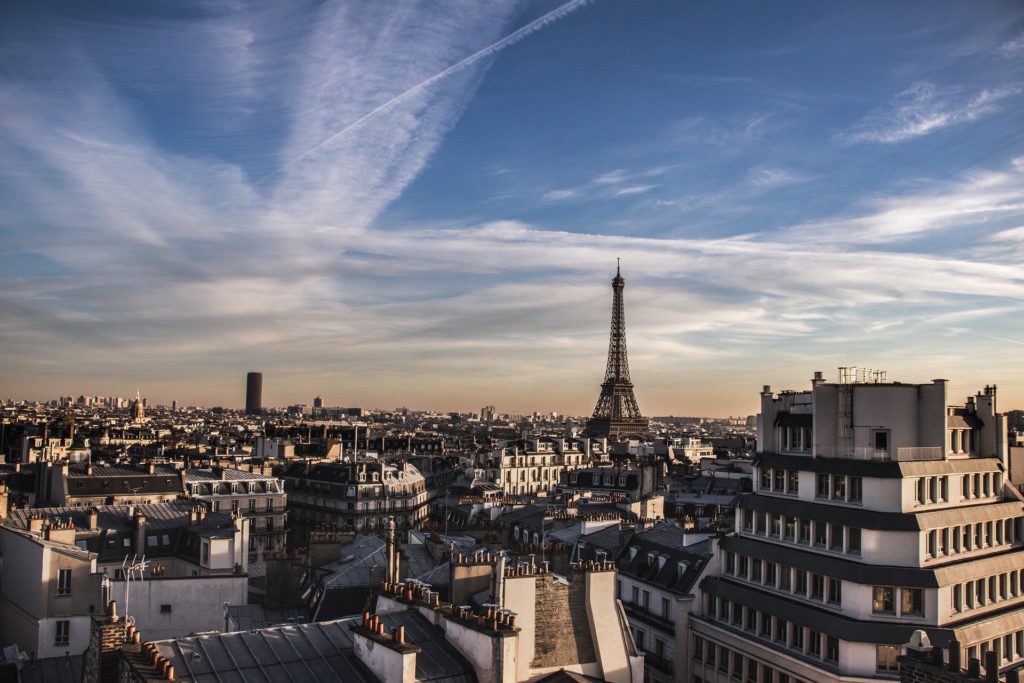Due to increased coronavirus circulation, Paris and the three departments of the inner suburbs will be placed on maximum alert and new restrictions will be announced on Monday, French Prime Minister Jean Castex's office told AFP on Sunday.
Paris "crossed the three thresholds corresponding to the maximum alert zone several days ago and this trend was confirmed over the weekend,” the Prime Minister’s office said.
Paris' incidence rate was still above 250 per 100,000 inhabitants and passed the critical threshold of 100 for those over 65 years of age. Covid-19 patients also occupy over 30% of beds in intensive care units, according to figures from the Regional Health Agency (ARS).
The "restrictive measures," which will last 15 days, will be detailed at a press conference at 11:30 AM by mayor Anne Hidalgo and will come into force on Tuesday, the Prime Minister’s office said.
Related News
- France could be entirely 'red' by next week, Sciensano warns
- Coronavirus: nearly 17,000 new cases in 24 hours in France
They will lead to the closure of cafés, the BBC reported. Restaurants, on the other hand, will be able to remain open, in Paris but also throughout France, including in Aix-Marseille where they had to close a week ago.
The government is in fact following the opinion of the High Council of Public Health, which on Sunday validated the reinforced health protocol proposed by the sector’s professionals and which will be applicable in the maximum alert zones as well as in the reinforced alert zones.
Moreover, university classrooms or lecture halls will have to operate at 50% capacity at most in reinforced and maximum alert zones, according to Castex’s office.
In addition, teleworking is "more than ever" privileged in these same zones, the government recalled.
"The figures are there, they weigh heavily," commented Aurélien Rousseau, director-general of the Ile-de-France ARS, on Sunday.
The mayor of Paris Anne Hidalgo, who spoke throughout the day with Prime Minister Jean Castex, acknowledged that the health situation was "very serious" in the capital.
The Brussels Times

